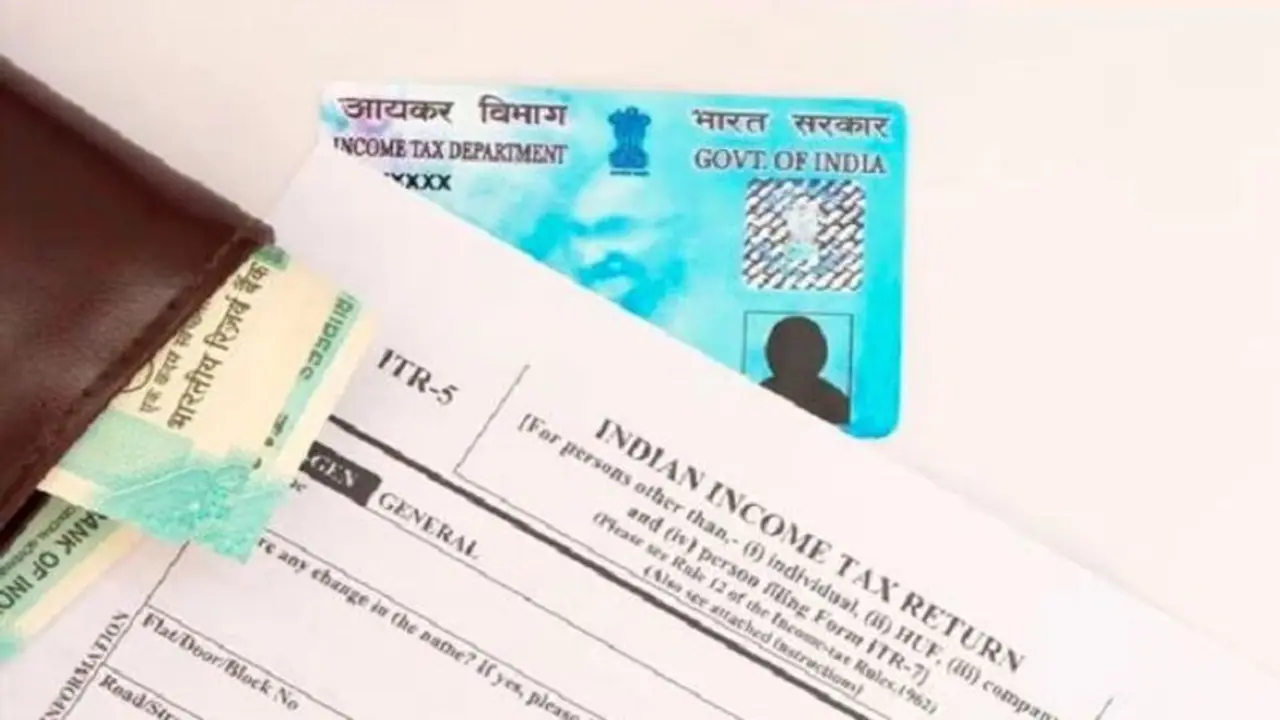If citizens miss filing the ITR before the deadline then it could lead to a penalty and demand for interest payment from the income tax department.
The last date for filing your income tax return, or ITR, for FY 2020/21 (AY 2021/22) is March 31. The original deadline was July 31, which was extended because of Covid-19 and the date was revised to December 31, 2021, then February 15, 2021, and finally March 15, 2021.

The last date of March 31 for filing income tax return is under an income tax law that gives taxpayers three months' window to file belated ITR.
With the due date ending today, there has been a rush among the general category of taxpayers to file their ITR. It may be noted that the accounts of general category taxpayers do not require auditing.
If citizens miss filing the ITR before the deadline then it could lead to a penalty and demand for interest payment from the income tax department.
As mentioned above, this could lead to a penalty which is Rs 5,000 under Section 234F of the Income Tax Act. However, those whose total income is below Rs 5 lakh, will have to pay Rs 1,000 as a penalty.
The penalty must be paid even if citizens are filing for a non-taxable amount and this rule is applicable to all taxpayers. The income tax department can also charge you a penalty of 50 per cent of tax payable and sometimes, in extreme cases, one can also land on a jail term of three years.
Additionally, with penalties, citizens may also have to pay interest – 1 per cent per month or part of the month for tax left unpaid.
You may also face higher TDS (tax deducted at source) if you do not file your returns - under a proposal in last year's budget non-filers will face TDS at twice the normal rate or 5 per cent.
A ‘non-filer’ is a person who has not filed an ITR in the two years immediately before the one in which tax is to be deducted; in this case it would be FY 2019/20 and FY 2018/19.
Steps to file Income Tax Return:
Log on to the Income Tax Department portal (www.incometaxindiaefiling.gov.in). If you don’t already have an account, register using your PAN. This will serve as your user ID.
Step 1: Download appropriate ITR form: Under ‘download’, go to ‘e-filing’ under the relevant assessment year and select the appropriate ITR form.
Step 2: Download the Return Preparation Software (excel utility). Follow the instructions and ensure that the details auto-filled match those from your Form 16.
Step 3: Compute relevant tax details. Compute tax payable, pay tax, if any, and enter relevant challan details. If you do not have a tax liability, you can skip this step.
Step 4: Confirm the above details: Confirm the details entered by you and generate an XML file.
Step 5: Submit return: Go to the 'Submit Return' section and upload the XML file.
Step 6: Confirmation from ITR verification: A message confirming successful e-filing is flashed on your screen. The acknowledgement form - ITR-Verification will be emailed to your registered email id.
Step 7: E-verify Return: E-verify the return through any one of the below six modes: Netbanking, Bank ATM, Aadhaar OTP, Bank Account Number, Demat Account Number and Registered Mobile Number & Email id. E-verification eliminates the need to send a physical copy of the ITR-5 acknowledgement to CPC, Bengaluru.
The income tax department tweeted last week to say that over Rs 1,92,720 crore had been issued as refunds to 2.26 crore taxpayers from 1 April 2021 to 20 March 2022.
Note that if you are filing in the grace period then losses incurred (for example, from business or sale of property) cannot be carried forward and certain benefits are unavailable.
